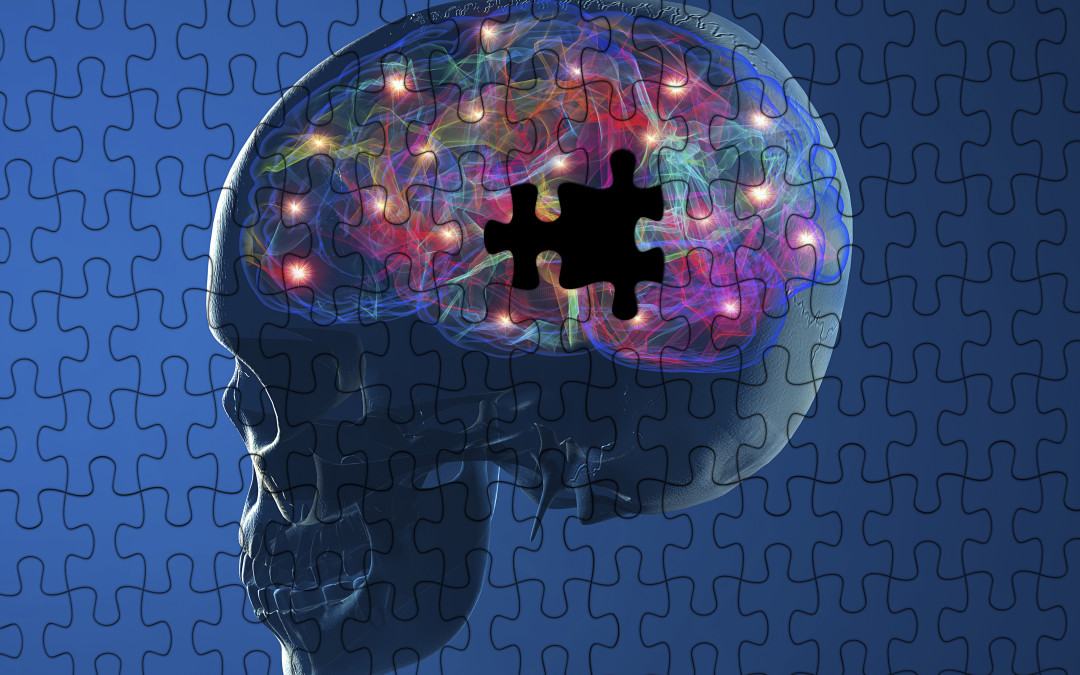
Slaves Come in Many Forms
I have been a slave. As a survivor of human trafficking, that doesn’t come as a surprise. Human trafficking has been dubbed “modern-day slavery” by the media, governmental agencies and non-profit organizations. Many organizations use symbols like chains and ropes to depict human trafficking. These symbols can also be dangerous when educating the public about human trafficking. It leads people to believe that slavery can only be defined by physical restraint. This perception has caused people to ask why trafficking victims don’t run away when they are not restrained.
Survivors know the truth. Slavery can be even more powerful when it is of the mind. Threats of physical harm can be even more powerful than physical harm itself. Physical wounds heal. Brainwashing of trafficking victims is extremely powerful. If a victim believes they will die if they go to the police, they won’t go. If a victim believes they are worthless, and the only person who will take care of them is their pimp, they will stay. It can be even more powerful when the victim is a child. read more…

Two Different Worlds
Recently, my twins and I went on a family vacation to Disney World. There is nothing like a family vacation to remind me of the differing perspectives between children and adults. My children are present in the moment. They are optimistic. They trust everyone. They are full of unconditional love. I am none of those things (although I try to be). On several occasions, I felt as though we were living in two different worlds.
I think that every parent grapples with relating to their children on some level. I think they wonder how their innocent and loving children should be introduced to the darkness in the world. It becomes especially challenging when tragedies create a flurry of bad news all over the television and radio. It’s hard to find the balance between embracing their beautiful innocent spirits and preparing them for a world that will undoubtedly deal them some blows. read more…

Suddenly I See
I wish I could say that statement were true for me. The problem with memory repression is that everything is foggy. When repressing recurring trauma, it can be hard to remember the good stuff because the brain is so busy trying not to remember the bad stuff. Of course, I remembered my father existed. That would have been hard to reconcile. But I didn’t remember the abuse. It sounds like a good thing. Who would want to remember that? And it’s true. I would prefer not to remember it.
There are downsides though. I wrote earlier about the physical and emotional affects of memory repression in Memories and From There to Here. But there’s another downside. I can’t selectively forget. If I forget the abuse, I have to forget the people who tried to help me. Otherwise, there would be no way to reconcile the memories in my logical adult brain. Why was someone trying to help me when nothing was wrong? This is a problem for me. I want to remember the people who tried to help me. And I can’t. I may remember the color of their shirt, or where they lived, or even something they said to me, but no faces and no names. There’s just no significant information that will lead me to where they are today. read more…

Coming Back Home
I am graduating with a Master’s Degree in Social Work in two weeks. It is a very exciting time of transition for me as I start my internship and leave my current job of 8 years. As I take more steps toward work in the anti-human-trafficking field, I feel like I am coming alive. I am truly excited to start this work.
This feeling of excitement is a new feeling for me. This decision to switch careers feels like the first decision in my life that is coming from me. It is the first decision I have made without any outside influences. The funny thing is that most people think this decision is crazy. Honestly, some days, I think it’s a little crazy. The main driver for the perceived foolishness of this transition is financial. Nobody can understand why I would leave a nice-paying information technology job with great benefits to be a social worker. read more…

Coming Out
I hate driving in Northern Virginia. Although I only live 90 miles from Washington D.C., I never go there. I don’t have the patience. Of course, it probably doesn’t help that I was trafficked in Northern Virginia, so that certainly adds some angst. This is why it was a bit surprising that I took a day off from work to travel to the second day of the Freedom Network Conference. My primary reason for going was the survivor panel discussion. I had talked to a couple of survivors that I wanted to meet in person.
The conference was more than I could have imagined. There is something healing about meeting other survivors. It is even more healing when those survivors are inspirational. I was so impressed with their tremendous acts of courage. read more…

Stop Victim Blaming
It’s the new slogan of the anti-trafficking movement. It’s powerful for those who understand it. And for those that don’t … it’s written off along with everything else they don’t understand. Supporters respond to those that don’t get it by saying it more and saying it louder. But there’s a problem. It’s not just a slogan. For survivors of trafficking, it has to be so much more than a slogan.
I have intellectually known for quite some time that my abuse and trafficking was not my fault. If someone asked me whose fault it was, I could quickly point to my parents, my pimp and the other pedophiles who paid the money. I stay current with journals and news on this topic and I can spout out statistics and stories to anyone who will listen (and I do).
But this intellectual understanding is not enough for a survivor to recover from this trauma. When we are children, we take on the shame of the trauma. We take it on because we are told it is our fault, but the shame is too much for us to process with our young minds. So, we store it for later. read more…

Mommy, when are you going to find us a daddy?
I hear this question about once a week. When I first heard it, I cringed. I was not sure how to answer it. I was afraid if I didn’t come up with the perfect response, my children would be permanently scarred. It doesn’t bother me very much anymore. I have several answers now. My personal favorite: “It takes a while to find a person special enough to be your daddy.” Of course, that doesn’t quell the impatience.
When they were younger, they didn’t understand the complexities of that question. I guess they just thought I would go down to the local store, pick one out, and bring him home. They didn’t know what was taking me so long. Now that they are six years old, they understand that it is more complicated than that. They know about marriage and they know that “a mommy and a daddy” are supposed to love each other. So now, they have resorted to fixing me up. Recently, my son came home from school with the exciting news that his friend had an uncle with a beard, a jeep and a jet pack. Apparently, this was all my son ever wanted in a father. I was a bit curious about the “jet pack” part, but I decided it would be best to leave it alone. read more…

Is sex a need?
Why is sex trafficking so prevalent? Most people would admit it’s the demand. However, the controversy lies in how a person rationalizes their own demand for paid (possibly underage) sex. The men in my family used to talk about their “need” for sex. They spoke about it as if it was as critical as food and water. I would beg them not to do it. I would tell them that it hurt me, or that I just wanted to go to sleep. They would always answer the same way. They “had” to do it. They would state it as if they were forced to meet their own sexual needs at the expense of others. They would say it as if they were as justified as someone who stole bread to feed their starving children. read more…

Memories
Sometimes people ask me, “How did you know that there was something you forgot?” On a conscious level, I didn’t. But something seemed wrong. I was so anxious and so sick, and no doctor could determine the cause. I also found that there were huge gaps in my childhood memories. I used to tell people in my family that I didn’t remember my childhood. I specifically told my father that I had no memories of ever living with him. He just shrugged it off, changing the subject very quickly. Now I understand why.
My first memory came in November of 2009. It was a rape by a friend of my father. I was 9 years old. Over time, I was able to remember everything about it. I remembered the house where I was staying that night. I remembered his wife trying to calm me down afterward. I remembered being picked up by my parents later that night. I remembered attempting to tell my mother, and how horrible I felt when she didn’t help me. I remembered the severe pain of a urinary tract infection, and I remembered being taken to the doctor by a friend’s mother. I remembered that the doctor called the police. What I don’t remember is how my parents’ squirmed their way out of that one. I was probably not present for that discussion. read more…

From There to Here
I have read that child sex trafficking victims have a life expectancy between 3 years and 7 years. They die from sexually transmitted diseases, starvation and physical abuse. Since only 1% of victims are ever rescued, trafficking is a death sentence. This is one of the ways that pimps keep from being caught by police. The victims (and witnesses) just disappear. I can only imagine there must be some relief for a pimp when a victim dies. That’s one less witness to worry about.
As a trafficking survivor, I am a lucky one. I’m alive. Unlike most pimps, my parents actually cared if I died. And I learned defense mechanisms which kept me from self destructing. And of course, at 18, I got to leave.
I wonder about what my parents and grandparents thought would happen when I grew up. I know it is a stretch to use the word “thought”. They clearly weren’t thinking. However, if someone is going to abuse their children, what happens when that child is an adult? What happens when the power differential disappears? read more…

